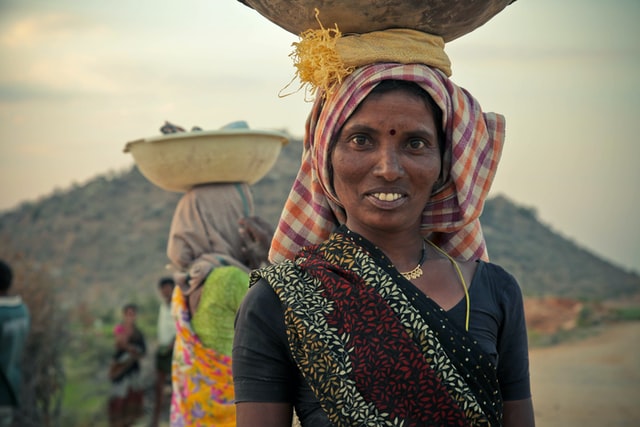It is hard to imagine being ostracized for something you have no control over, but for thousands of women in rural India, this is a reality that they endure every month.
The practice of banishing menstruating women during their monthly cycles is still a largely prevalent phenomenon, and is most widely practiced amongst the ethnic groups in the states of Maharashtra, Chhattisgarh, Andhra Pradesh and Orissa. During this time, it is a long held belief that a woman should keep distance from others in the family, should not comb her hair, should not touch pickles, should not put on kajal or any type of makeup, should not enter the kitchen and should not visit any pooja room or temple. In many parts of northern India, this is taken to a new extreme, with women being forced to spend their time in huts known as gaokars, cut off from any interaction from family members and friends.
These ‘’period huts’’ are ill maintained, not equipped with electricity or running water, and are dank and enclosed. Not fortified against leakages or animal attacks, there have been numerous cases of flooding and death due to snake bites. Yet however inhumane these living conditions may be, scores of women are every month bundled into these huts, shunned for something biologically and scientifically natural.
The belief that women must not interact with anyone during the period has also caused a great deal of school going girls to face hardships on the education front. Periods during exams or important days have led to the fact that most of these girls have barely completed high school.
The NGO Sparsh did a survey on 200 gaokars in 2011, collecting information about the practice and consolidating information about the number of deaths this force isolation had caused. Sadly, the practice continues to be propagated amongst certain sections of society. In Koovalapuran in Tamil Nadu, tucked away at the edge of the village is a ‘’guest house’’. But in reality, this is just a euphemism for a muttuthurai, a space meant for ‘polluted’ women – a place meant for menstruating women.
Oppression lines the crumble brick walls of these gaokars. Cemented with false, unscientific folklore and thatched with centuries of deeply rooted discrimination, it is time we break down the walls of these cruel fortresses. It is time to educate ourselves on the science and fact behind the menstrual cycle and realize that while such stories may only sound as though they are limited to rural areas, it is very much present in metropolitan India as well. Subtle and discrete, yet present.
It is time we break down these structures of tyranny.









